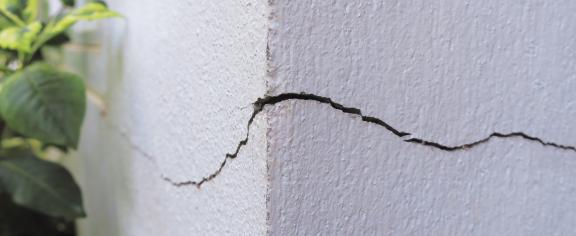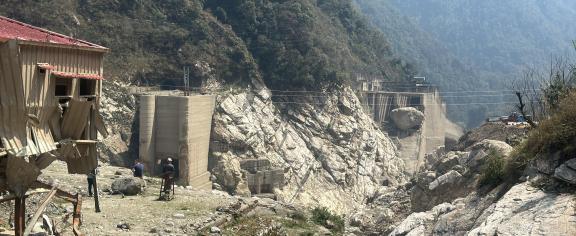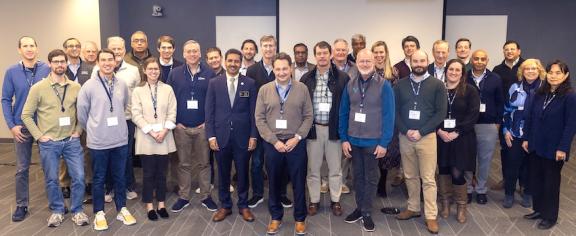2026-02-02
When Postdoctoral Research Fellow Hannah Youngblood’s work on exfoliation glaucoma (XFG) was featured by the BrightFocus Foundation, it caught the attention of Jennifer Rucker, an Alabama resident who was diagnosed with XFG several years ago.
2026-01-27
A newly discovered vulnerability could allow cybercriminals to silently hijack the artificial intelligence (AI) systems in self-driving cars, raising concerns about the security of autonomous systems increasingly used on public roads.
2026-02-16
Research from Georgia Tech is showing how cracks occur and spread through materials — and how best to prevent them.
2026-01-22
An AI-powered tool is changing how researchers study disasters and how students learn from them.
2024-02-20
Alex Blumenthal and Chunhui (Rita) Du are among 126 early-career researchers who have been awarded Sloan Research Fellowships for 2024.
2026-02-18
It is the highest degree of membership awarded by the society.
2026-01-29
Georgia Tech researchers say HPC and artificial intelligence (AI) advances this year are poised to improve how people power their homes, design safer buildings, and travel through cities.
2026-02-02
The College of Computing is working to connect student and faculty entrepreneurs with early-development startup support.
2026-02-13
Created by the Research Corporation for Science Advancement, the award provides continuity funding to support early-career researchers pursuing programs focused on training the next generation of scientists.
2026-02-17
The fellowship is one of the most competitive and prestigious awards available to early-career scholars.









